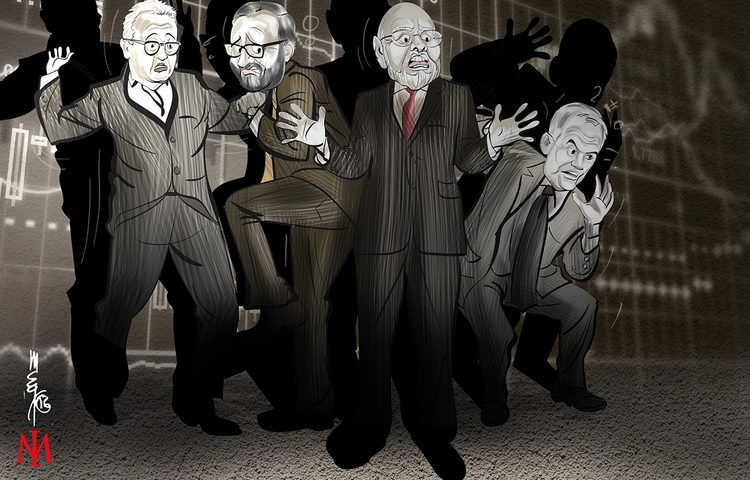Reblog: The Lifecycle of Greed and Fear
All greed starts with an innocent idea: that you are right, deserve to be right, or are owed something for your efforts. It’s a reasonable feeling.
But economies have three superpowers: competition, adaptation, and social comparison.
Competition means life is hard. Business is hard. Investing is hard. Not everyone gets a prize, even if they think they’re right and deserving.
Adaptation means even those who get prizes get used to them quickly. So the bar of adequate rewards move perpetually higher.
Comparison means every prize is measured only relative to those earned by other people who appear to be trying as hard as you.
And economies crave productivity. Getting more for doing less. It’s a universal and relentless force.
The feeling that you deserve a prize, even when success is hard, content is fleeting, and rewards are measured relative to others, combined with an economy that constantly wants more prizes for doing less, is the early seed of greed. It fuels both the push for more (great) and the lack of satisfaction when you get more (potentially dangerous).
Once people get a taste of reward – especially an above-average one – delusion can creep in. Sometimes it’s luck misidentified as skill. Or an inflated sense of the value you produce. Or overconfidence in your ability to find another reward.






